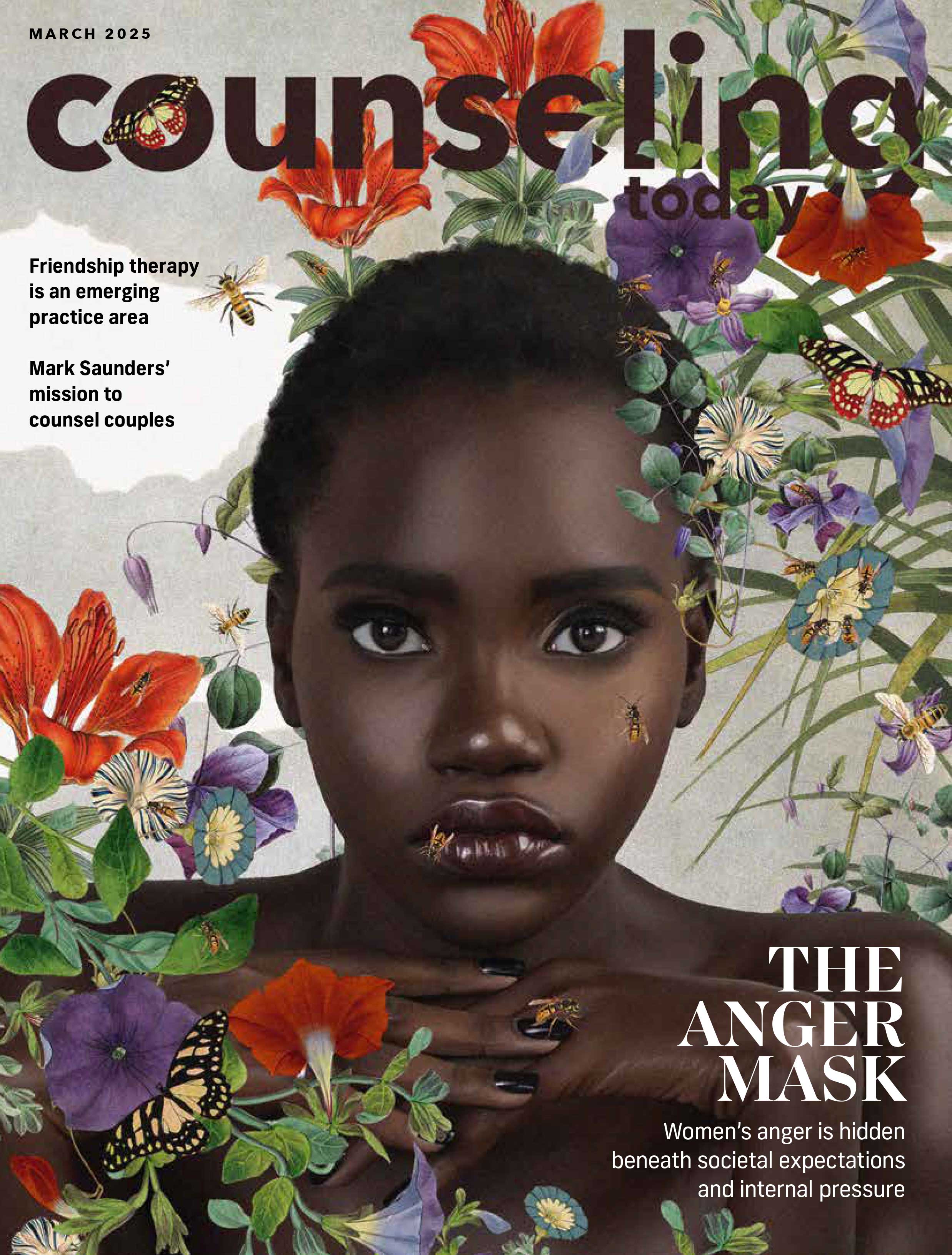Behind the Book: A Q&A About Neuroscience-Informed Counseling
By Counseling Today staff
May 2024
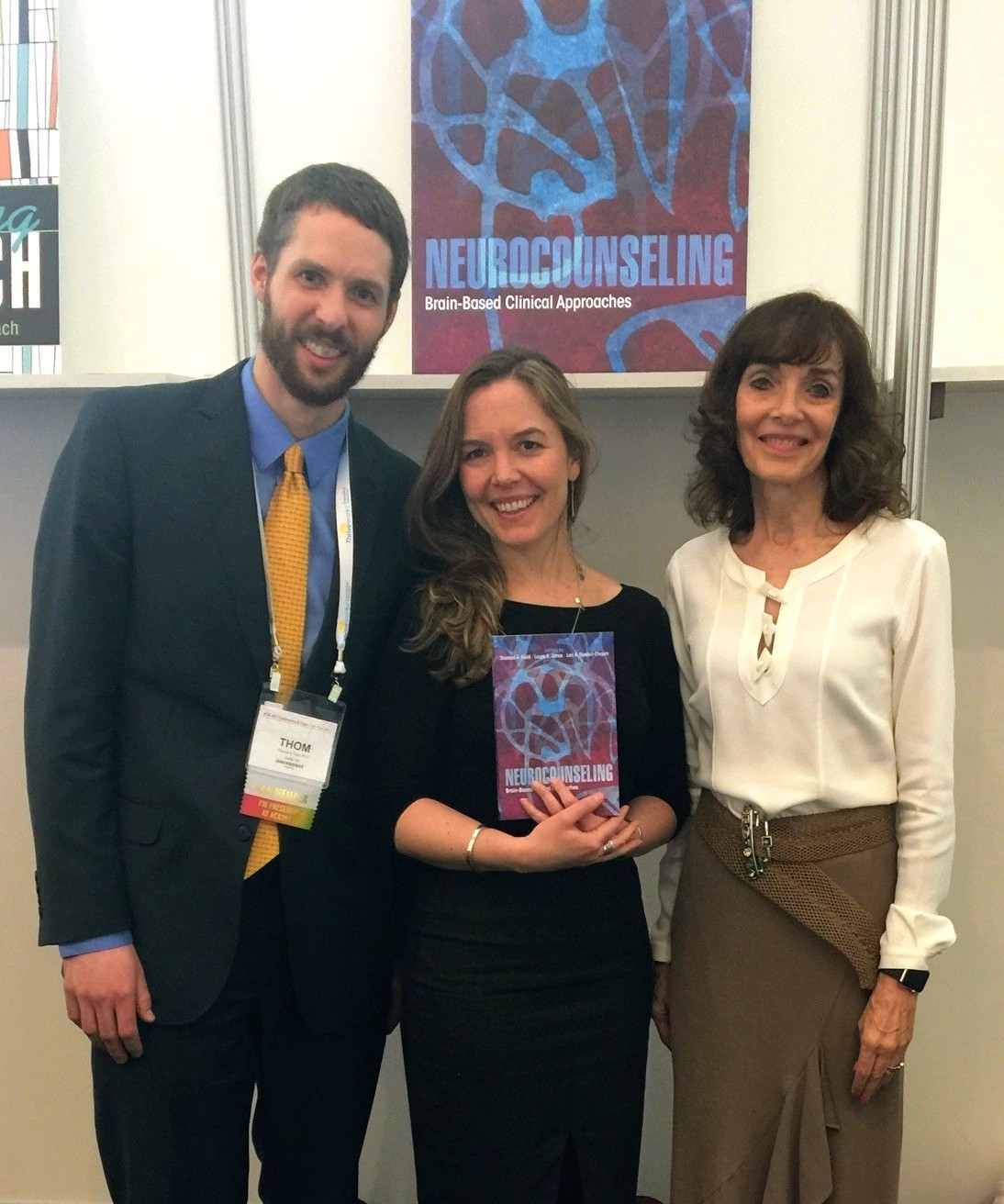
Last month, ACA published the second edition of Neuroscience-Informed Counseling: Brain-Based Clinical Approaches, which was co-edited by Thomas Field, PhD, LMHC, LPC; Laura Jones, PhD; and Lori Russell-Chapin, PhD. The field of neuroscience has profoundly influenced counseling for more than a decade and continues to shape our understanding of the profession. Because the science around this topic is always evolving, the co-editors decided to update their book to reflect and provide guidance on how to be effective and skillful neuroscience-informed counselors.
The second edition discusses new research in the field and introduces two new chapters on ways to use neuroeducation to enhance client outcomes and neuroscience-informed clinical supervision. Field, Jones and Russell-Chapin also worked to ensure the content of each chapter connected to clinical practices through the inclusion of case studies and reflection questions.
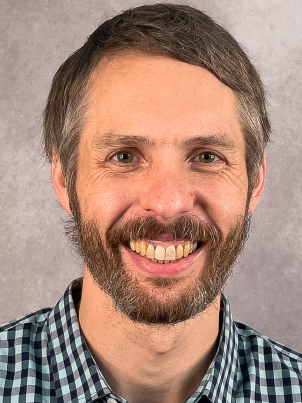
We spoke to Field and Jones to learn more about this revised edition.
Field is an associate professor and head of counselor, adult and higher education at Oregon State University; his research focuses on the integration of neuroscience into counseling practice and professional and social justice advocacy. Jones is an associate professor at the University of North Carolina Asheville, where she teaches courses in health sciences and neuroscience.
What has changed in neuroscience since the last edition of the book?
We almost think it is easier to answer what has not changed. The various fields of neuroscience are constantly changing as technology and the research continues to expand and insights unfold. That is one reason why we always emphasize that a key component of being neuroscience-informed is being able to read and translate primary research in neuroscience.
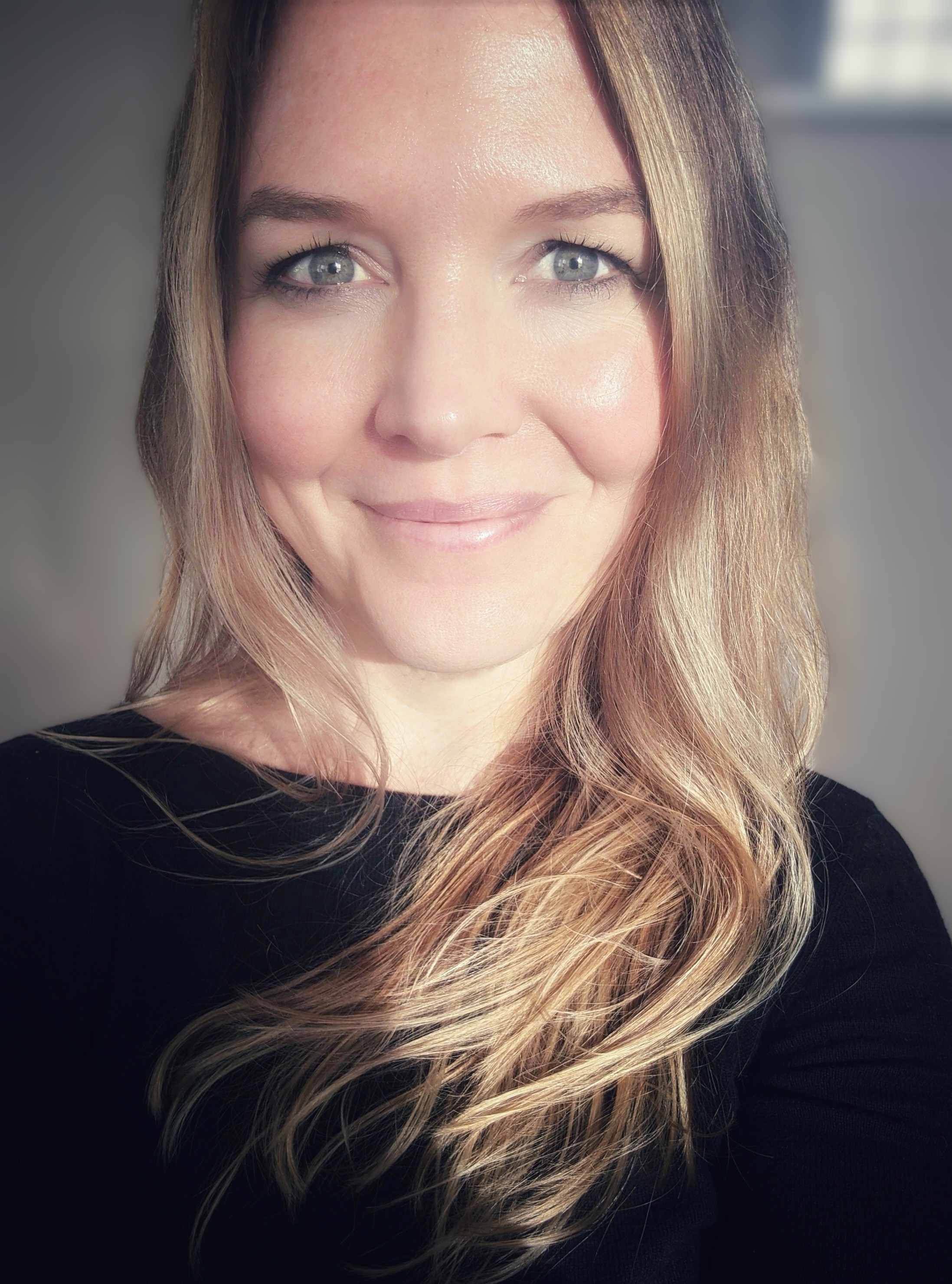
What changes did you make in the new edition?
In the years since the first edition, counselors have gained Medicare independent provider status, have worked with increased numbers of clients struggling with addiction (especially opioid addiction) and assisted clients through the coronavirus pandemic. In addition, empirical findings regarding neuroscience are always emerging.
The second edition reflects these important updates and changes and builds upon the first edition by:
- Updating content to highlight changes in the scientific literature since 2016
- Reflecting new research within the counseling field regarding the empirical understandings of integration, the ethics of integration, cultural considerations when integrating neuroscience into counseling practice and best practices for training counselors in neuroscience
- Addressing the revised CACREP standards
This edition also includes new content relevant to current practice needs for counselors, including:
- The neuroscience of aging, cognitive decline and brain injury
- Medication-assisted treatment
- The role of inflammation in mental health conditions
We also added two new chapters that reflect emerging themes in the counseling literature: leveraging neuroeducation to enhance client outcomes and neuro-informed clinical supervision.
How does a neuroscience-informed approach differ from other counseling approaches?
A neuroscience-informed approach to counseling, also referred to as neurocounseling, distinctively integrates principles of neuroscience within the counseling process, contrasting significantly with traditional methods that might focus primarily on psychological and social factors. This approach is rooted in understanding how neurological and physiological factors influence cognition, emotions and behavior.
Neuroscience-informed counseling differs from other counseling approaches in several key ways. First, it emphasizes the brain-mind-body connection, focusing on how psychotherapy can physically alter the brain’s structure and function. This understanding helps clinicians see why clients begin to feel, think and behave differently, which in turn supports more effective treatment planning and interventions. Second, neuroscience-informed counseling can involve specialized assessments such as electroencephalograms to visualize brain activity, offering a direct understanding of areas where dysregulation occurs. This allows for more personalized and precise interventions that target specific areas of the brain that relate to a client’s symptoms. This approach also uses techniques such as biofeedback and neurofeedback, which not only address psychological distress but also help in modifying physiological responses, enhancing overall well-being. Furthermore, neuroscience-informed counseling places a strong emphasis on psychoeducation about neuroscience (or neuroeducation), helping clients understand their experiences through a brain-based perspective.
The importance of a neuroscience-informed approach in counseling cannot be overstated. It broadens the scope of traditional counseling by incorporating a holistic, mind-body perspective that is crucial for addressing complex human experiences. By understanding the physiological aspects of mental health, counselors can offer interventions that are not only psychologically but also biologically attuned to the individual’s needs.
How does your book make this topic more approachable and accessible for clinicians?
As counselors learn more about neuroscience and related physiology, they need guidance regarding how to integrate this new brain- and body-based knowledge into counseling practice with clients. The ability to translate complex knowledge to clients is a separate skill set that requires the ability to distill rather than dilute information.
We also know that for some counselors, especially those for whom science and research are not strength areas, neuroscience can be an overwhelming and frightening concept. The purpose of our text is to provide counselors with guidelines, ideas and tips on how to become effective and skillful neuroscience-informed counselors. The chapters are organized so that you will understand foundational neuroscience concepts that inform client case conceptualization (e.g., human development, social and cultural background) before learning how to approach assessment and intervention from a neuroscience-informed perspective.
How does your book attempt to bridge the gap between neuroscience research and practical application?
As editors, we sought to ensure that each chapter made direct connections between the content and clinical practice. Each chapter references a case study to ensure the material is relevant to client work. This includes the preface, which presents a case study with reflection questions that are further explored in the final chapter. In addition, each chapter contains reflection questions that allow you to pause and consider how the information presented in that chapter could be relevant to the client case being discussed and to your own clinical work.
The second and third sections of the book contain chapters that apply foundational knowledge from the first section about neuroanatomy and physiology to counseling assessments and relationships involved in the intake process through case closure. The third section also addresses advanced applications of a brain- and body-based approach to conducting research and clinical supervision. The final chapter provides guidance on integrating neuroscience into counseling practice.
What are common myths and misinformation about neuroscience?
Counselors are not immune from believing inaccurate pop psychology information about neuroscience, such as learning styles and hemispheric dominance (“right or left brained”), known as neuromyths. In their 2019 article, "An Exploratory Study of Prevalence and Predictors of Neuromyths Among Potential Mental Health Counselors,” published in the Journal of Mental Health Counseling, So Rin Kim and Carlos Zalaquett outlined six common neuromyths:
- We only use 10% of our brain.
- Differences in hemispheric dominance (left brain, right brain) can help explain individual differences among learners.
- There are critical periods in childhood after which certain things can no longer be learned.
- Individuals learn better when they receive information in their preferred learning style (e.g., auditory, visual kinesthetic).
- Environments that are rich in stimulus improve the brains of preschool children.
- Extended rehearsal of some mental processes can change the shape and structure of some parts of the brain.
These myths are harmful because they are examples of how inaccurate information and deliberate warping of facts can be used to support or make a case for certain practices.
__________________
Order Neuroscience-Informed Counseling: Brain-Based Clinical Approaches at the ACA Store.
__________________
In Memoriam: Lori Russell-Chapin, PhD
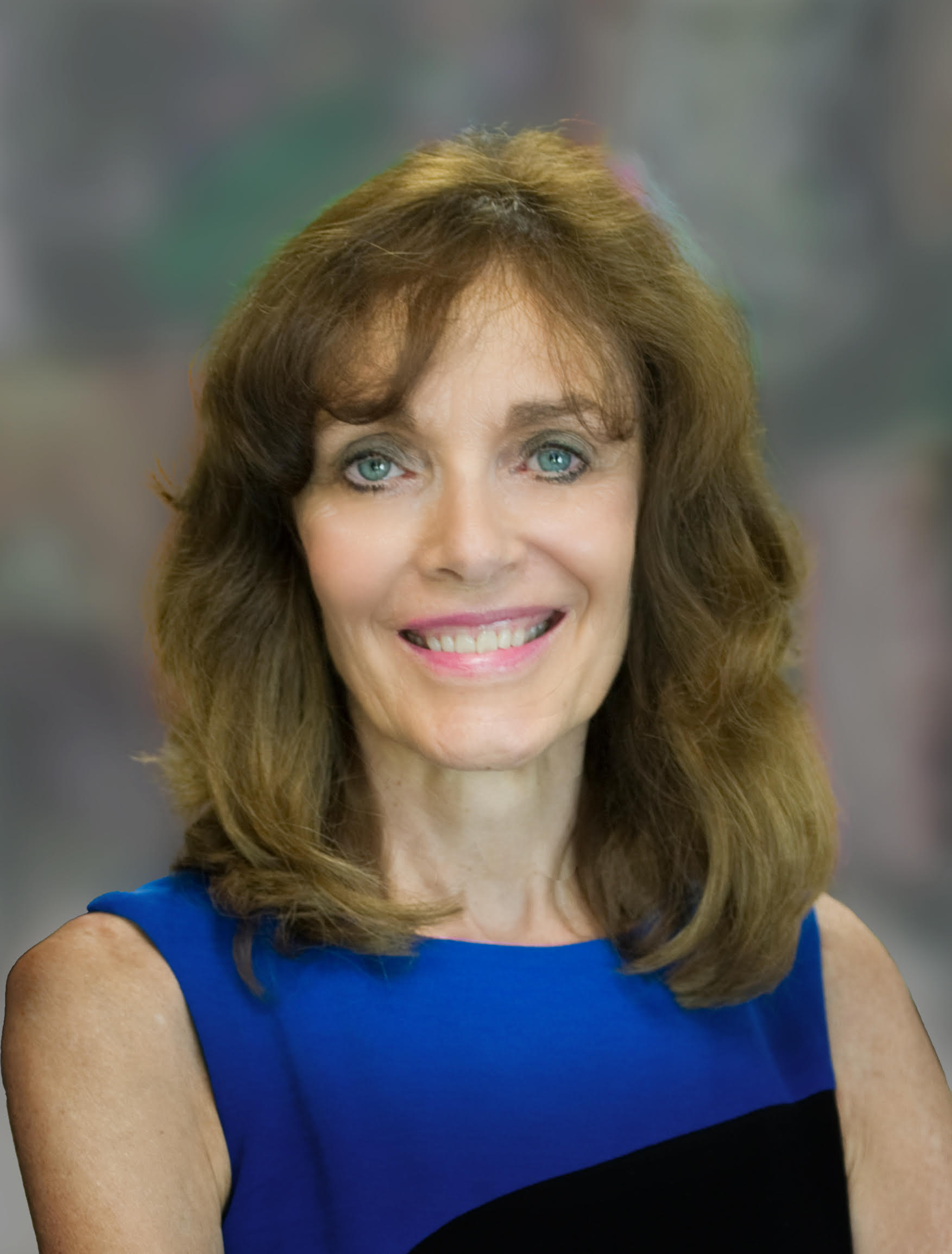
Lori Russell-Chapin, PhD, a well-known and respected figure in the counseling profession, died on March 13. She was born and raised in Basin, Wyoming, and earned a doctorate in counselor education at the University of Wyoming.
Russell-Chapin had a lasting impact on students and colleagues in her over 40 years serving as a professor of counselor education and co-director of the Center for Collaborative Brain Research at Bradley University. During that time, she earned many accolades, including ACA’s Trailblazer Award and the Samuel Rothberg Award for Professional Excellence in Research. She was also named an ACA Fellow in 2020.
“Lori was a trailblazer in every sense of the word and well deserving of the ACA Fellows award criteria of ‘significant, distinctive, and unique contribution to the counseling profession in professional practice, scientific achievement, leadership and governance, or teaching and training,’” says Thomas Field, PhD, LMHC, LPC, who worked closely with Russell-Chapin since meeting her in 2014.
In 1986, she started a private practice with her husband, Ted Chapin, where they provided conjoint neurofeedback and counseling to clients. She was also one of the first licensed professional counselors to be board certified in neurofeedback by the Biofeedback Certification International Alliance. She was also a leading scholar in the field of neurocounseling and published and presented widely on this topic.
“Lori made significant, distinctive and unique contributions to the counseling profession in the area of professional practice, leadership and training,” notes Field, associate professor and head of counselor, adult and higher education at Oregon State University and co-editor of Neuroscience-Informed Counseling: Brain-Based Clinical Approaches. “She served as chair of the ACA’s Neurocounseling Interest Network since it began in 2013 and as co-editor of the Counseling Today Neurocounseling column since it first launched in 2013. She also organized and facilitated annual Super Brain Summits for training counselors in neuroscience, which granted counselors access to neuroscience leaders such as Stephen Porges and Daniel Siegel. She was co-editor of the first-ever neuroscience text that ACA published and served as special guest editor of the June 2016 edition of the Journal of Mental Health Counseling, which was the first-ever special issue of a counseling journal devoted to integrating neuroscience into counseling.”
Russell-Chapin’s impact on the counseling field extended far beyond the U.S. After Laura K. Jones, PhD, presented at the Super Brain Summit, one of her former undergraduate students who was completing a doctorate at university in Europe reached out and said, “You really presented at the Super Brain Summit and know Lori Russell-Chapin? I just saw that online. That’s so cool. Can you introduce me?”
Russell-Chapin also left a lasting impression on her students and mentees. “Dr. Allen Ivey first introduced me to Dr. Lori Russell-Chapin in 2013, soon after I graduated from my doctoral program in counseling and counselor education. Little did I know at the time just how important Lori would become in my professional life,” says Jones, associate professor of health and wellness at the University of North Carolina Asheville and co-editor of Neuroscience-Informed Counseling: Brain-Based Clinical Approaches. “For over 10 years, Lori was a very special mentor to me, offering numerous opportunities for co-authorship, helping me to make connections, sharing her wisdom on navigating higher ed as a female, and simply serving as an incredible colleague with whom to share ideas and imagine a future counseling profession that embraced principles of neuroscience, or her preferred terminology, neurocounseling. She had boundless energy and was a teacher by nature, wanting to support all those around her in reaching their dreams.”
“Lori was what I’ve referred to as a ‘true believer,’” notes Chad Luke, PhD, LPC, professor of counselor education at St. Bonaventure University. “She believed so strongly that neuroscience was/is the future of counseling that she committed her whole self to tirelessly advancing its integration with counseling. She was a real trailblazer in this work, establishing a whole counseling curriculum that integrates neuroscience. She always had double my energy level, even when unwell. Our conversations left me motivated and kept a fire ignited in me to move her legacy forward into the future. She’s so missed but her intellectual progeny lives on!”
Russell-Chapin was also a friend, partner to husband, a mother and grandmother. “Every time we had an opportunity to talk, she would share stories of her family, stories that always made her smile in ways that nothing else did. Her pride, love and joy were palpable,” Jones recalls. “Through her groundbreaking work, as well as her love and kindness, Lori has enriched and empowered the lives of countless individuals and made her immutable mark on this field. I will forever be grateful that I was able to call Lori a mentor, colleague and friend. She will be missed a great deal by so many.”
“Lori was a pioneer in the area of integrating neuroscience into counseling practice and made a lasting impact on the field,” adds Field. “She was a tremendous force for our profession.”
Search CT Articles
Current Issue
Sign Up for Updates
Keep up to date on the latest in counseling practice. Sign up to receive email updates from Counseling Today.

